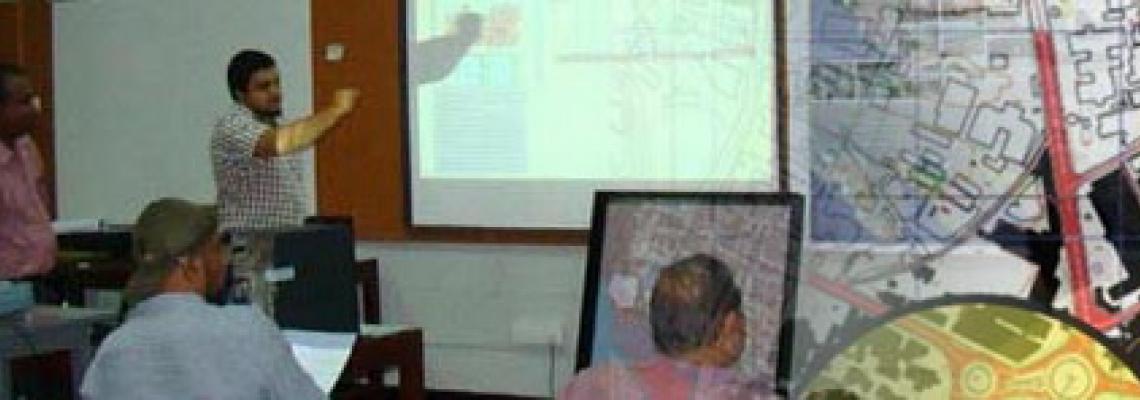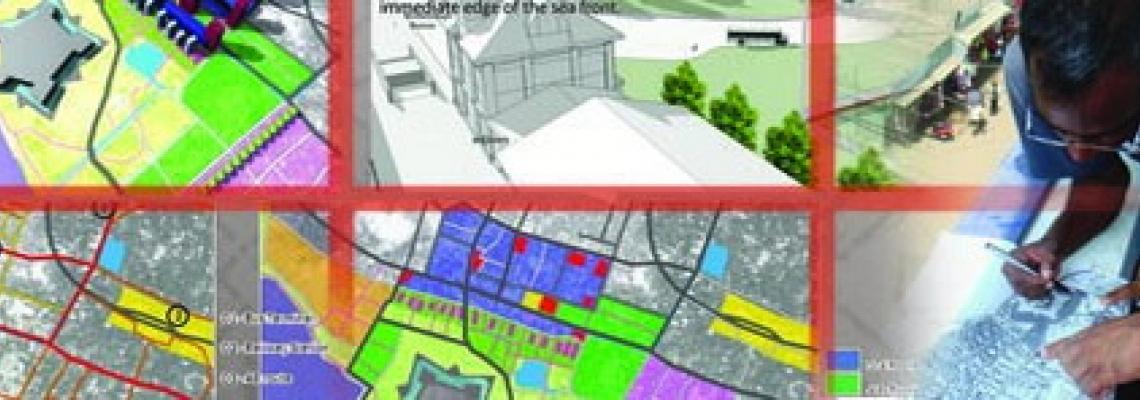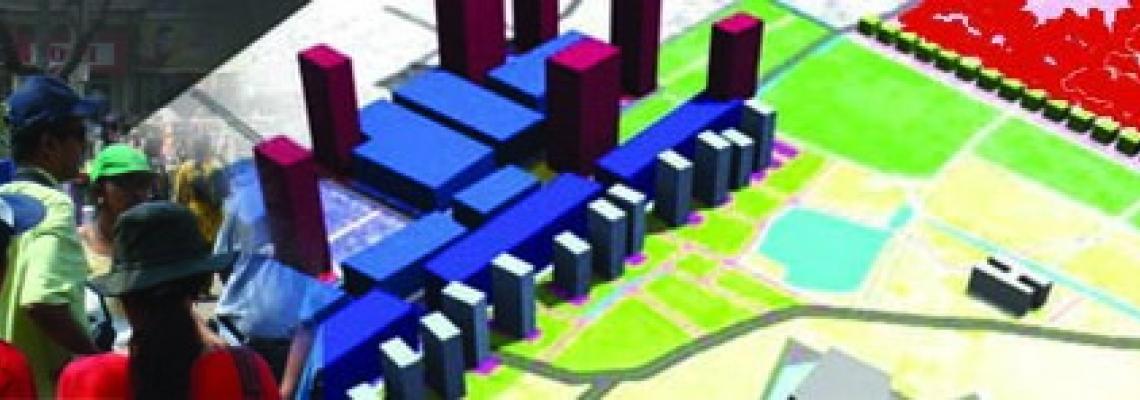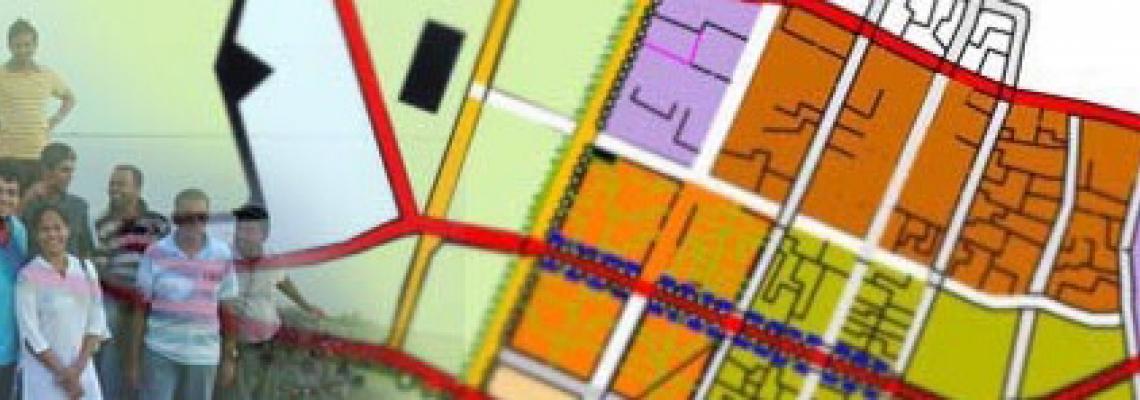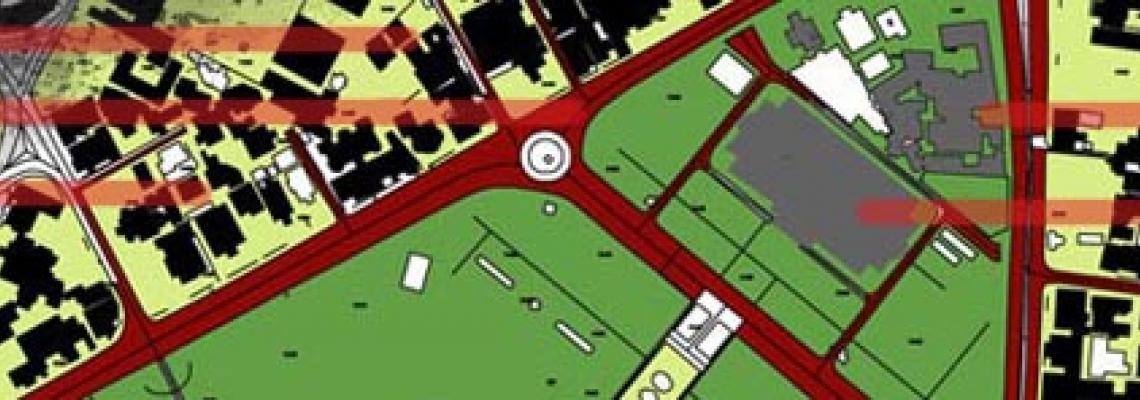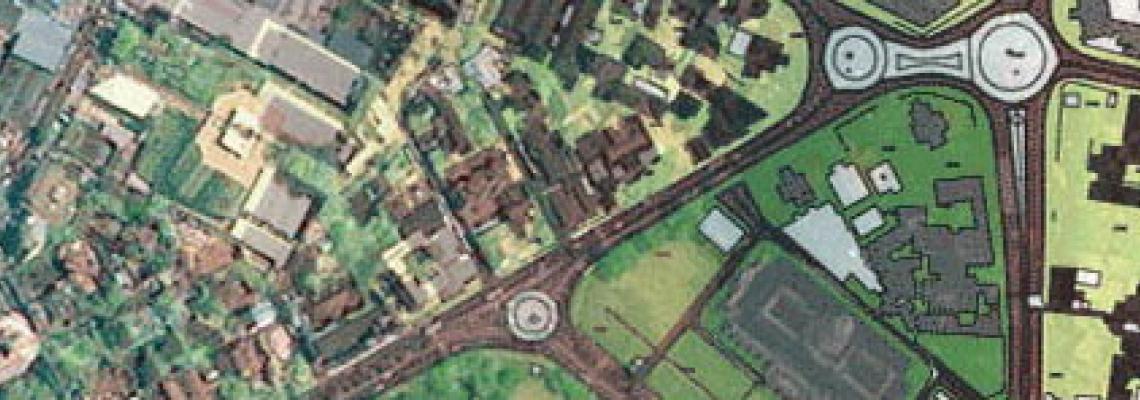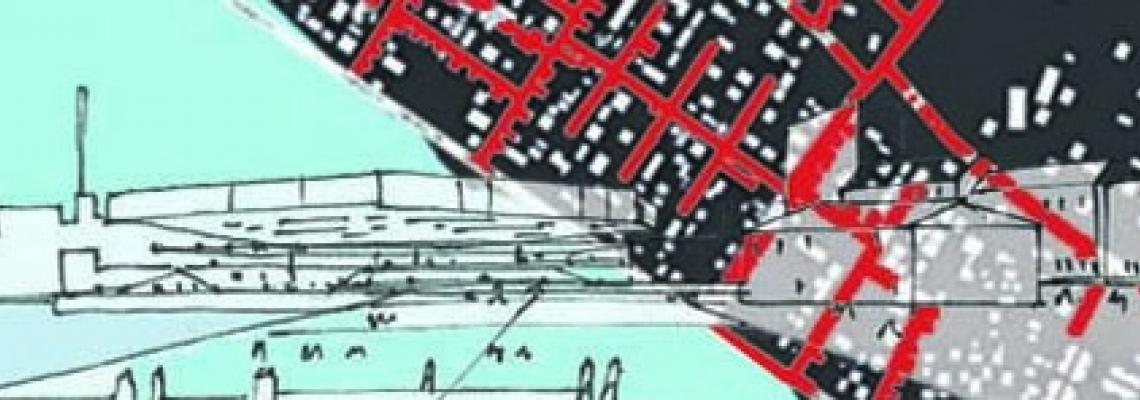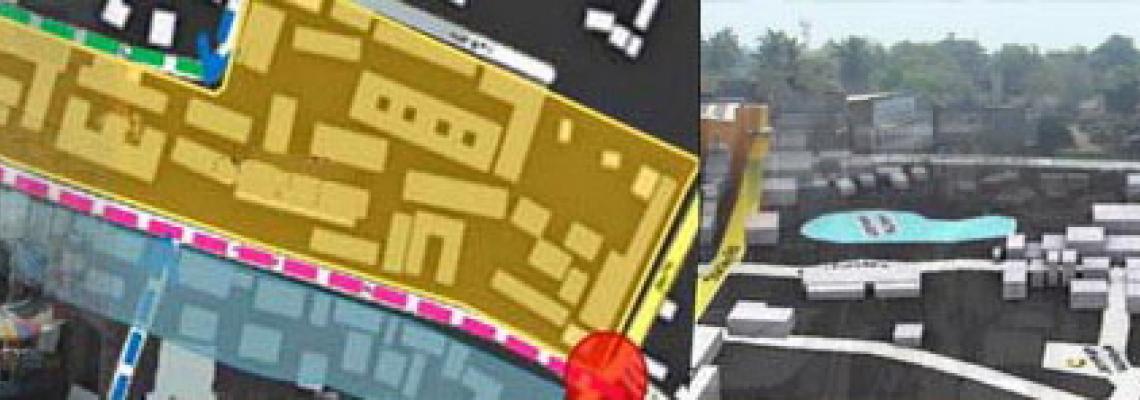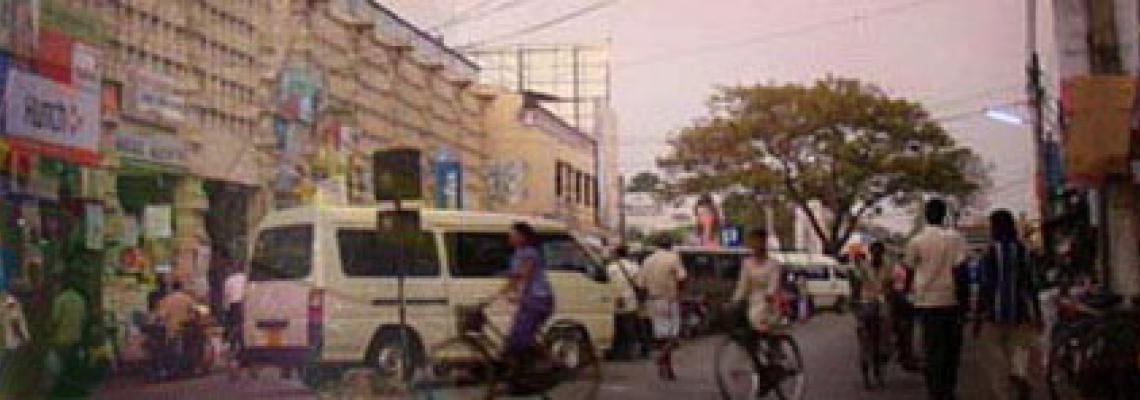The key quality of the urban design program in UOM is the combined strength of urban design theory and design studios. Studio projects are always approached as design-research exercises, where innovation and discovery represent a major part of the educational experience. Studios emphasize the importance of place and fieldwork represents a significant component of studio work. Professional and wider public involvement is a regular part of the Master of Urban Design studio experience.
The core group of staff brings together experience and active involvement in current urban design research, design research and education. An extended teaching team with expertise in landscape architecture, urban conservation, project and facility management, transport engineering and urban planning adds diversity and richness to the course. The students coming from various backgrounds with design exposure contribute their own experiences, energy, new themes and aspirations and add to complexity that make the course special.
This course aims to:
 |
Provide a postgraduate level education in urban design which meets the fundamental demand expectations in the practice of urban design field |
 |
Provide students with required skills in urban design and related areas |
 |
Serve an integrating role between various related other disciplines such as planning, transport engineering, architecture, landscape design, conservation, facility management – and building cross-disciplinary strength |
 |
Open avenues to lead to further academic studies and research |
Scope of curriculum:
 |
From grass root levels and within a given heritage |
 |
In the context of a relevant urban environment |
 |
In the context of Macro Planning |
 |
In the context of 3 dimensional micro planning and |
 |
human perception |
 |
Actions and mechanisms available for implementation |
 |
Identification of danger signals of urban degeneration |
 |
Protection of environment in the public participation processes. |
Masters Program in Urban Design
The Masters programme will be offered as a part time course in two years titled as Master’s degree in Urban Design (MUD). The program is organized on a module-credit basis, with a total of 60 credits representing approximately 500 hours of student input, including staff contact during the first year and additional hours of inputs of research and urban design project supervision during the second year. Successful completion of the Postgraduate Diploma in Urban Design can lead to admission to the Master of Urban Design, a studio based course in which students gain expert knowledge, enabling them to build a career in urban design or a related field.
The modules
The core modules for the MUD include:
 |
Society and space |
 |
Urban Systems |
 |
Urban Morphology |
 |
Urban Planning Methods |
 |
Urban Synthesis |
 |
Urban design Studio Projects |
 |
Case Studies |
 |
Urban Management and Finance |
 |
Comprehensive Urban design Project |
 |
Research report |
| In addition, students take three options selected from following electives: | |
 |
Urban Management and Finance |
 |
Management of Projects and Facilities |
 |
Urban Conservation |
 |
Planning law and practice |
 |
Urban Transportation and accessibility |
Post Graduate Diploma in Urban Design
The program is organized on a module-credit basis, with a total of 40 credits representing approximately 500 hours of student input, including staff contact. The programme will be offered as a part time course in one year titled as Post Graduate Diploma in Urban Design.
The modules
The core modules for the Diploma include:
 |
Society and space |
 |
Urban Systems |
 |
Urban Morphology |
 |
Urban Planning Methods |
 |
Urban Synthesis |
 |
Urban design Studio Projects |
 |
Case Studies |
 |
Urban Management and Finance |
| In addition, students take three options selected from following electives: | |
 |
Urban Management and Finance |
 |
Management of Projects and Facilities |
 |
Urban Conservation |
 |
Planning law and practice |
 |
Urban Transportation and accessibility |
Course Fee Structure for the Program
Fee structure for the local and overseas students is as follows
Course Fee Structure
Course Fee (Local Students):
| Registration Fee | : Rs 1,000 per year | |
| Examination Fee | : Rs 500 per year (payable at registration) | |
| Tuition Fees | : Rs 75,000 for the first year (PG Diploma) | |
| : Rs 50,000 for the second year (Master of Urban Design) | ||
| Library Deposit | : Rs 2,500 per item, up to 6 items (Optional and refundable) | |
Course Fee (Foreign Students):
| Registration Fee | : Rs 1,000 per year | |
| Examination Fee | : Rs 500 per year (payable at registration) | |
| Tuition Fees | : US$ 3500 for the first year (PG Diploma) | |
| : US$ 3250 for the second year (Master of Urban Design) | ||
| Library Deposit | : Rs 2,500 per item, up to 6 items (Optional and refundable) | |
Special Programs
The Urban Design Program of the University of Moratuwa currently plans to work with some foreign universities on similar programs and students credit exchange programs.
Student’s exchange programs with German Universities – Partners: DAAD, GAASL [Link to DAAD]

